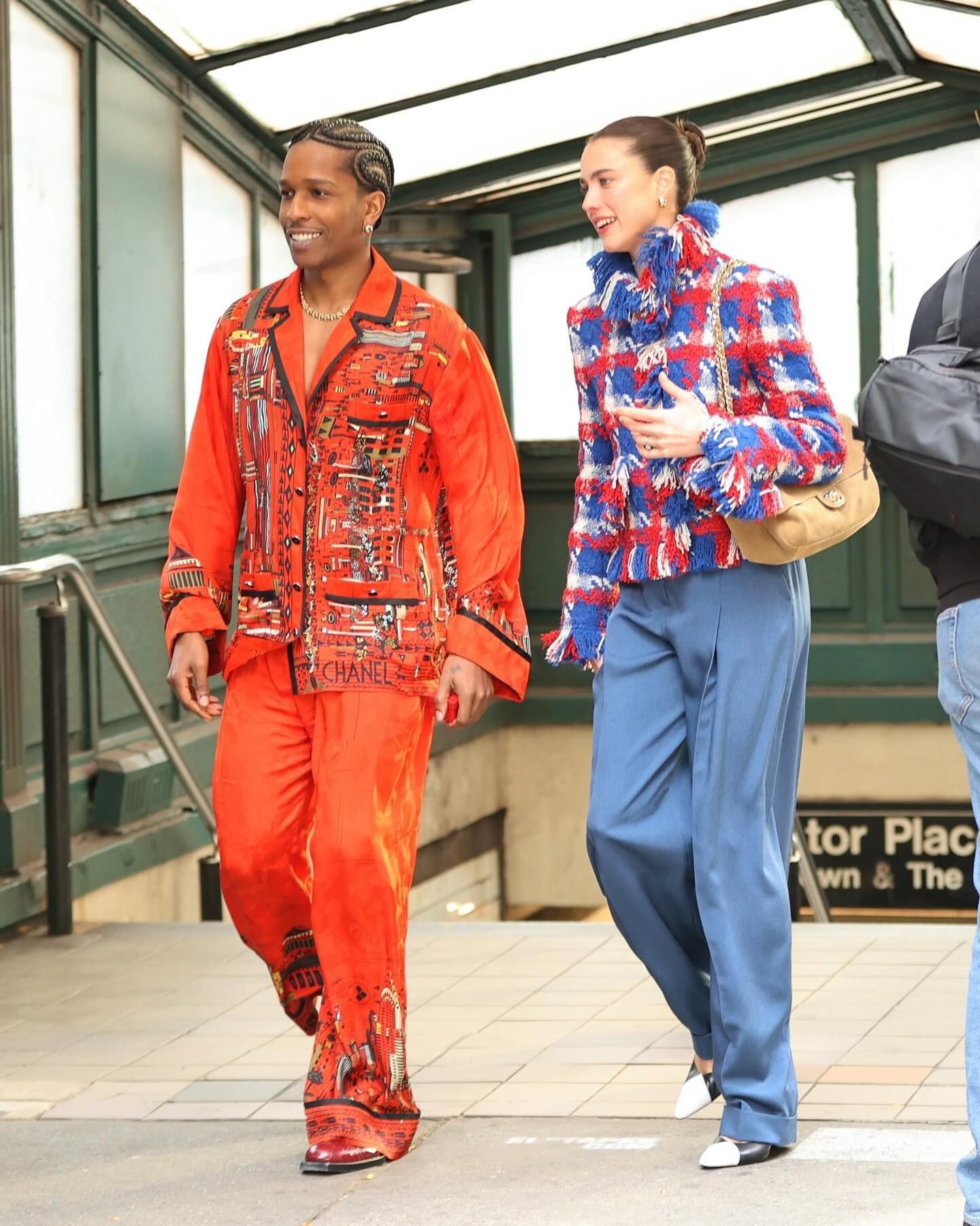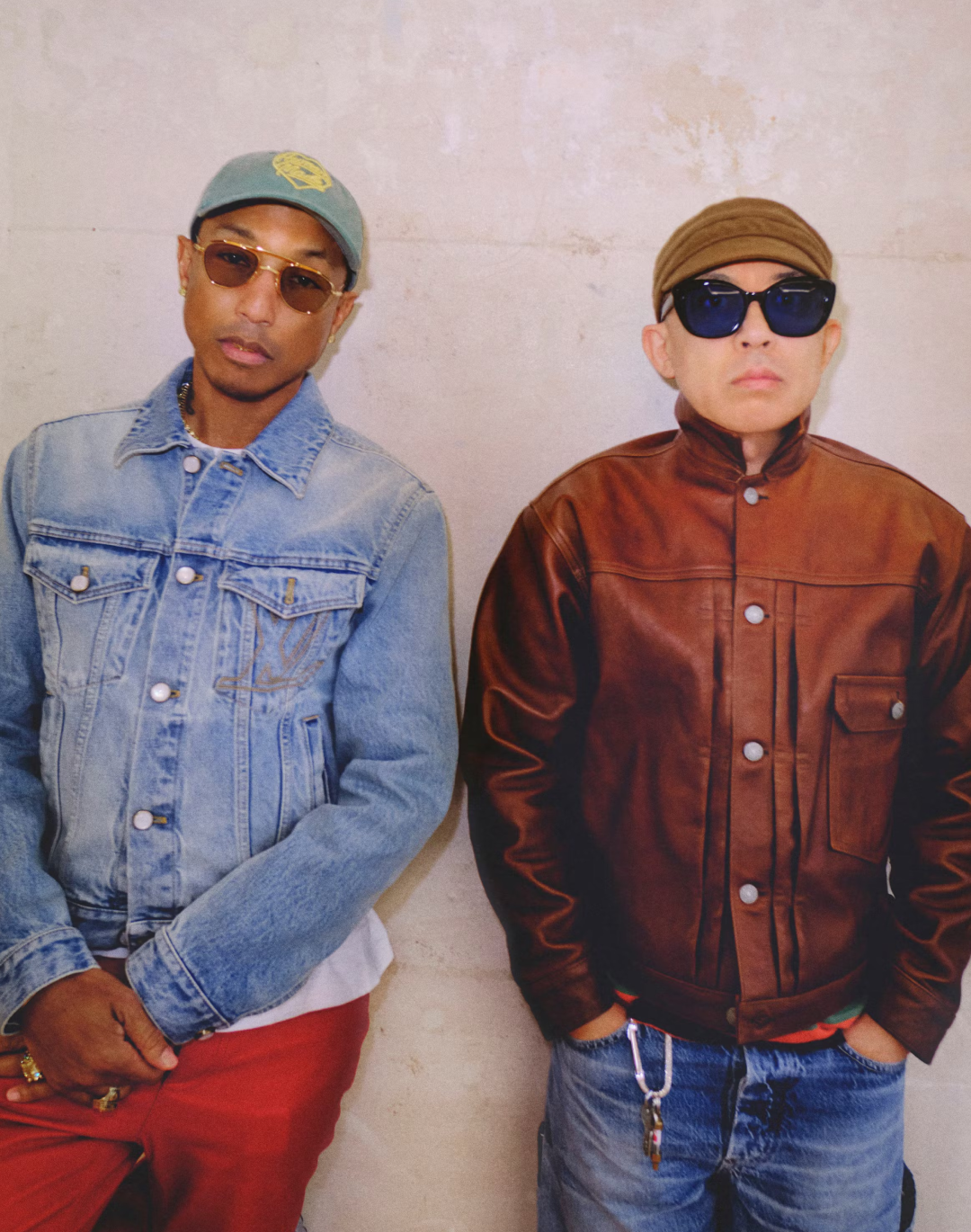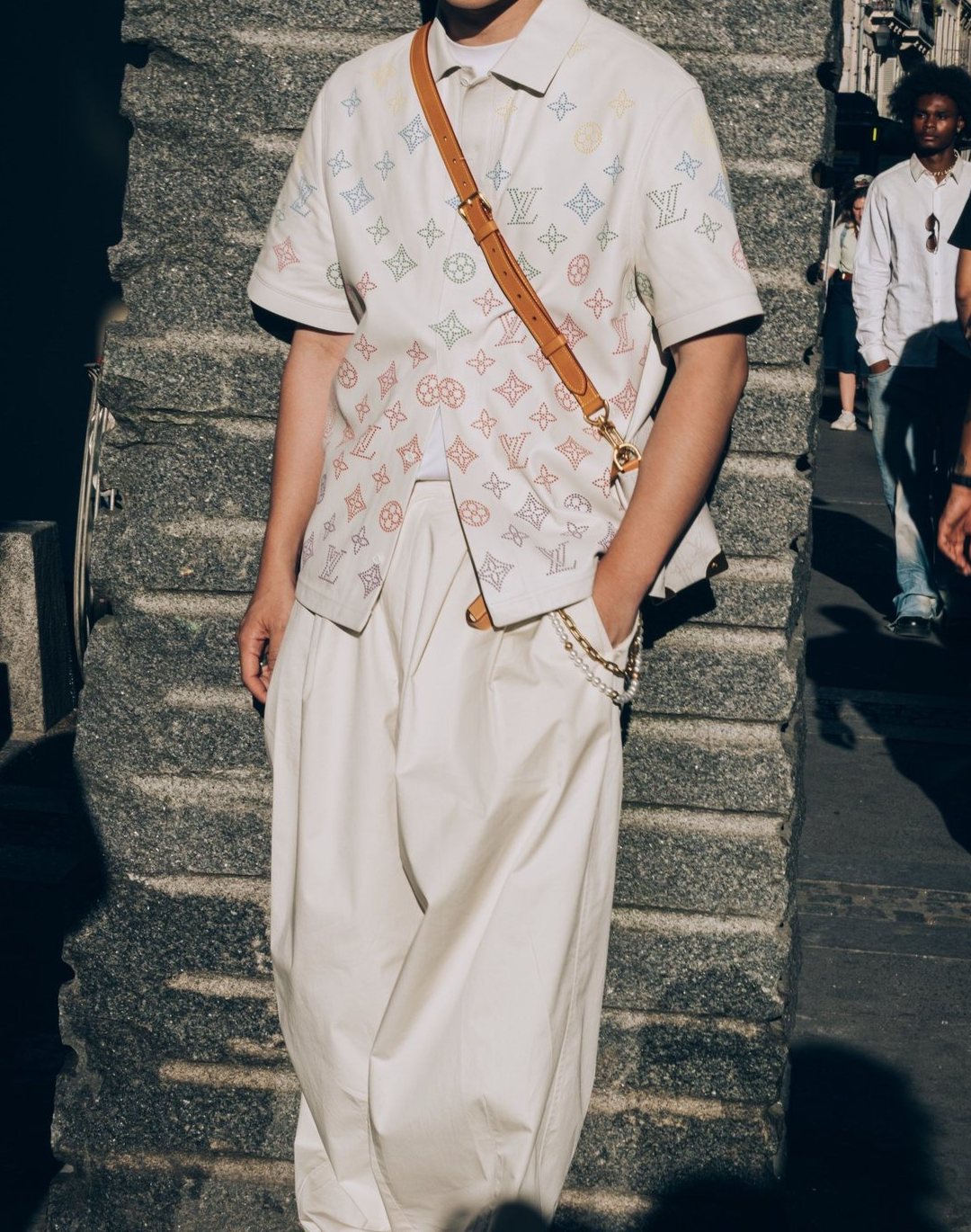
The fashion industry's unrealistic standards for traditional Black designers Why are the standards of stardom only being applied to Black creatives?
The past few years have seen a long, ongoing, and inconsistent conversation within the fashion industry in regard to creating a more diverse selection of creative directors at the helm of the sector’s biggest brands. In the midst of the 2020 Black Lives Matter protests, the fashion industry vowed it would change for the better in creating equity among creatives in power, yet the industry’s hiring habits as it pertains to creative directors now seem to be more questionable than ever. In 2021, The New York Times fashion editor Vanessa Friedman did a survey of 64 major brands across New York, London, Milan, and Paris. Of this, there was a total of 69 creative directors and only four of them were Black — Virgil Abloh (Off-White & Louis Vuitton); Olivier Rousteing (Balmain); Rushemy Botter (Co-designer of Nina Ricci), and Kanye West. Fast forward to today and Maximilian Davis has been named Creative Director of Ferragamo; since Virgil Abloh’s tragic passing, musician Pharrell has taken over his role at Louis Vuitton; Rihanna has opened and closed her Fenty fashion House (which was backed by LVMH); Rushemy Botter has left Nina Ricci; Rhuigi Villasenor has entered and left Bally after less than two years; Ib Kamara was appointed artistic director of Off-White; and most recently musician Future has been named creative director of the house of Lanvin for one season.
Throughout the past three years, a total of nine Black creatives have found success either in being hired or being backed by some of the fashion industry’s major luxury brands. What is most interesting is that six out of nine of these names were not only designers but also central figures throughout pop culture, whether it is in regard to music, fashion, or sports. They were Black creatives that were famous and had a special cultural impact on the consumers that the average designer usually does not. Meanwhile, within this same time span of three years, seventeen white creatives have found degrees of success in being hired or backed by major luxury brands, and none of them have had a grip on a pop culture outside of the fashion industry. Here's where it gets concerning — based on these observed hiring patterns, one can deduct that at the moment, as it pertains to Black creative directors, the luxury industry has a preference for those who are famous and/or have a pre-existing positioning within pop-culture, while this standard does not exist for their white counterparts.
The case of Louis Vuitton
Is it, not enough for luxury brands when Black designers are talented and exceptional? Why must this extra standard of fame be added to it? These questions come to mind not much with the intention of criticizing those who do have the gift of popularity on their side and were able to land these positions, but rather to question the system and those in power for the uneven standards that they risk creating, whether it be consciously or subconsciously. A prime example of this is the passing of Virgil Abloh in 2021. During his time at Louis Vuitton, he created a vision of Black artistry within fashion that was so strong and so tragically cut short, that the need for it to continue was evident. It wasn’t just about creating nice clothes, but more so about uplifting and platforming up-and-coming overlooked Black voices through collaboration on an international platform. Following this, there was much discussion as to who would be the one chosen to fill his very big shoes at Louis Vuitton, rumors of it being designers Martine Rose or Grace Wales Bonner filled the industry, as it made perfect sense for their level of talent. However, in the end, the position was given to neither, but to musician Pharrell. Not to discount Pharrell’s talent, but the choice was the result of an evident choice of fame and cultural impact over traditional talent. Louis Vuitton CEO Pietro Beccari said himself in an interview with BOF, «Of course, I thought about appointing an incredible designer to succeed Virgil — but I needed someone who could really step into Virgil’s shoes, so, I thought of doing something unexpected, something never done before in the fashion industry. Pharrell is similar to Virgil. He is in touch with so many worlds.»
So what?
It would be naive not to consider the world we live in today, how fame and cultural impact are selling faster and easier than traditional talent, so from a business point of view - albeit unfortunate - it does make sense why decisions like these get made. However, if this is what is making sense for the benefit of a company’s numbers, why haven’t these standards been applied generally throughout the industry? Why are the standards of stardom only being applied to Black creatives? Why aren’t there any white megastars being appointed creative directors as well? Although this may be the industry’s oversight and an unconscious bias, it is important to highlight mainly because, in spite of the celebrities, the ratio of Black to traditional white designers that have been hired by these significant luxury brands in the last three years is 3:16. This portrays a not so optimistic message to up and coming Black creatives in the system of fame outside of the industry being a compulsory quality to success, which in most cases is unrealistic.















































